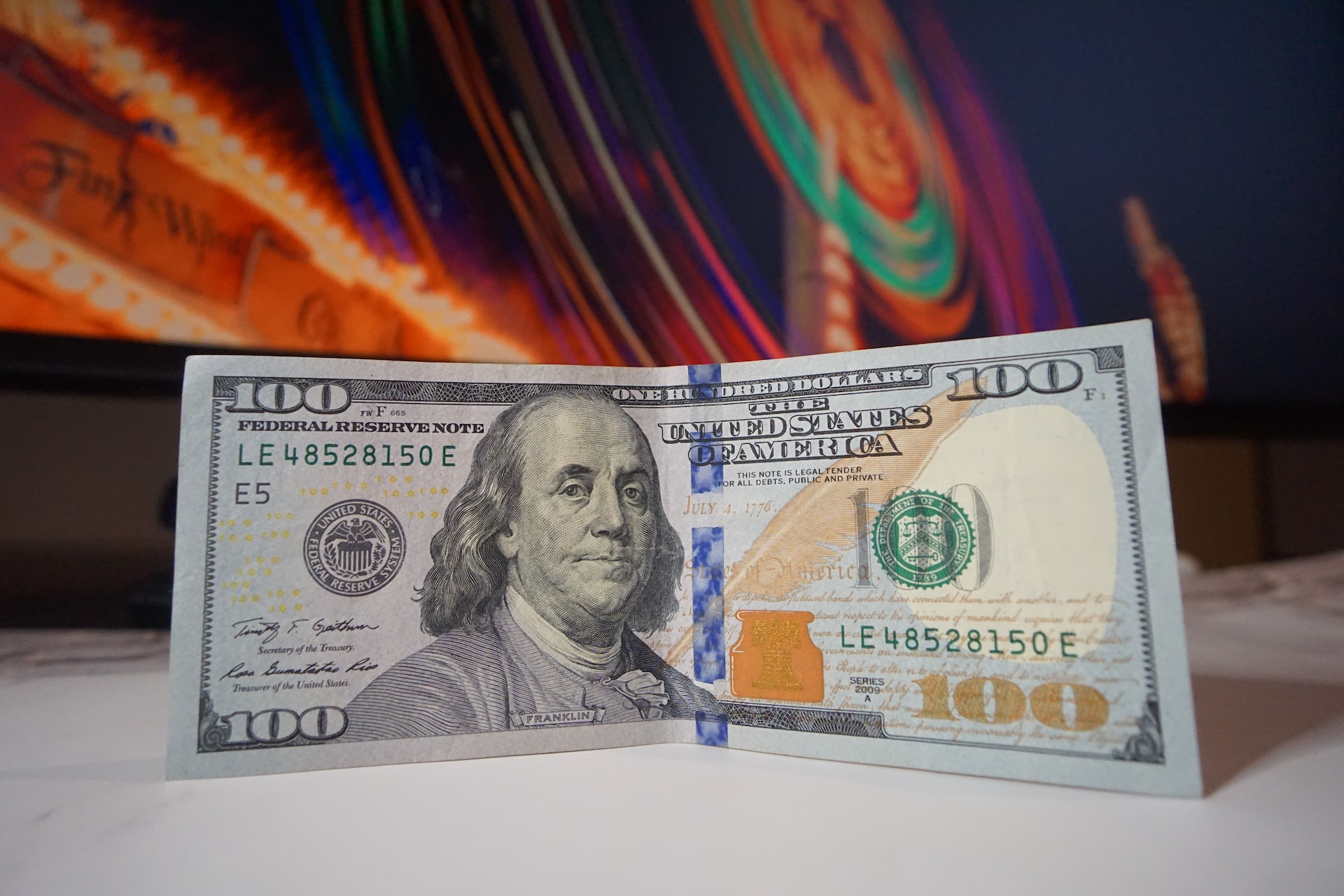You head to the grocery store or retail location, visit the retailer’s website, fill up your shopping cart, proceed to the nearest checkout line, or enter your payment details online. Then, for some strange reason, your debit card is declined, forcing you to use another form of payment or come back some other time to purchase the items.
Sound familiar? It can be embarrassing and frustrating, especially if there’s money in your account and you aren’t sure why this is happening to you. This guide dives into common reasons why debit cards are declined at the point of sale and what to do if this happens to you.
How a Debit Card Works
Debit cards are connected to your checking account. They make it easy to access your funds by swiping at the point of sale or inputting your card number and a few other details when shopping online. You can also use debit cards to withdraw funds from your checking account at an ATM or by using the cash back option when making a purchase (if allowed by the retailer).
In the past few years, some financial institutions have introduced digital debit cards for added security. They can also be used wherever debit cards are accepted and are accessible via your smartphone, tablet or other mobile devices.
Most Common Issues for a Declined Debit Card
Below are some common reasons why your debit card could be declined, even if you have funds on hand to make a purchase.
Incorrect Card Number Entered
When you’re shopping online, you’ll have to enter your card number before completing the transaction. This is also the case if the card machine is unable to read your information when you swipe, insert or tap your debit card. Either way, an incorrect card number will automatically result in the transaction being denied.
Wrong PIN or CVC
An incorrect PIN at the point of sale will also trigger a denial. If you’re shopping online, you’ll enter the CVV instead to authorize the transaction. It’s the three or four-digit number printed on the card – typically to the right of the signature box. Your purchase will be denied if you input the wrong number.
Technical Issues
There are instances where your debit card can be declined due to a technical issue with the retailer’s system. In that case, you’ll need to wait until it’s resolved or use cash to buy the goods or services.
Too Many Transactions at Once
Several transactions in a short period of time can also trigger a denial. You’ll need to reach out to your bank or credit union to have your debit card privileges restored.
Single Large Purchase
A single large purchase may signal potential fraudulent activity to the debit card issuer, particularly if it’s uncommon based on your spending patterns. Some financial institutions will lock your debit card and alert you of the attempted purchase via text or email. If you confirm it’s you making an attempt, they will unlock your debit card and complete the transaction. But in some cases, you may have to call to have the card unlocked.
Most Common Debit Card Problems
There could also be issues with your debit card that need resolving before you can use it again.
Your Card is Not Yet Activated
You’ll need to follow the instructions that came in the mail with your new debit card to activate it. This can usually be done online or by phone, or you can contact the customer service department if you need additional guidance.
Your Card is Expired
It’s easy to overlook the expiration date on your debit card. But once your updated card arrives, your expired card will no longer work. The good news is most financial institutions automatically send you a new one close to the expiration date so that you can activate it right away.
Your Card is Damaged
Damaged chips and magnetic strips could prevent you from using your debit card in person or force you to enter the card information manually. If your card is mangled, call your financial institution or request a replacement card online (if this service is available).
Your Card Type is Not Accepted by the Vendor
Most vendors accept American Express, Discover, Mastercard and Visa-branded debit cards. But if one of these isn’t on the vendor’s list, your card will be declined.
Most Common Bank Issues
Suspicious Activity Detected
Unusual spending patterns or reports of unauthorized activity will also lead to your account being shut down. Any subsequent charges will also be declined.
You Already Reached Your Spending Limit
Many debit cards come with a preset daily spending limit. Once it’s reached, your card will automatically be denied. Consider requesting a higher spending limit if it’s too low for your current needs.
International Purchases
Before traveling abroad, you’ll need to contact your bank or credit union to notify them of the dates you’ll be away. This will prompt them to notate your account so you can use your debit card.
What to Do If Your Debit Card is Declined?
If your debit card is declined after inputting the correct information, contact the card issuer promptly. It may be time to order a replacement if there isn’t an issue on their end and the vendor’s point-of-sale system is properly operating.







